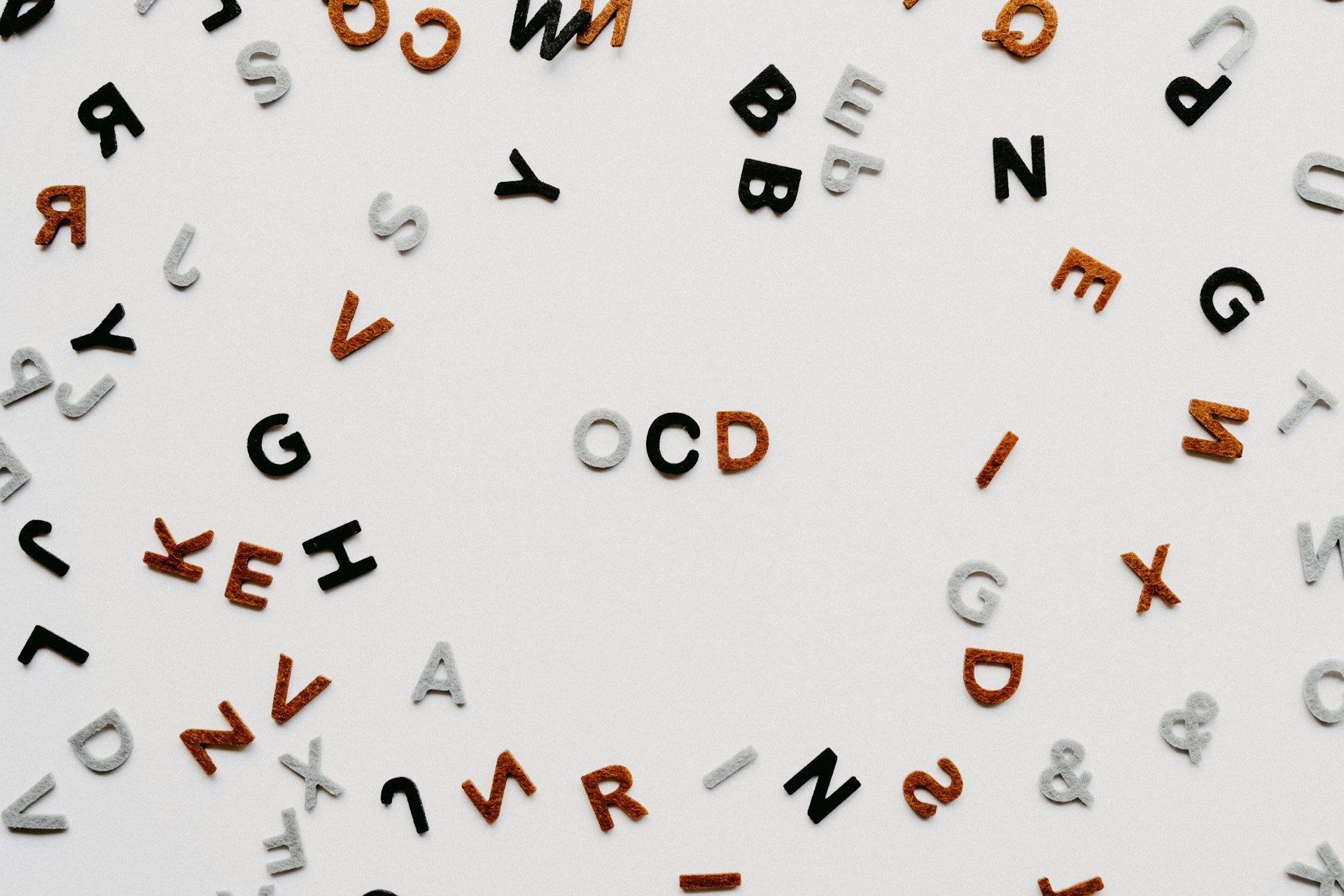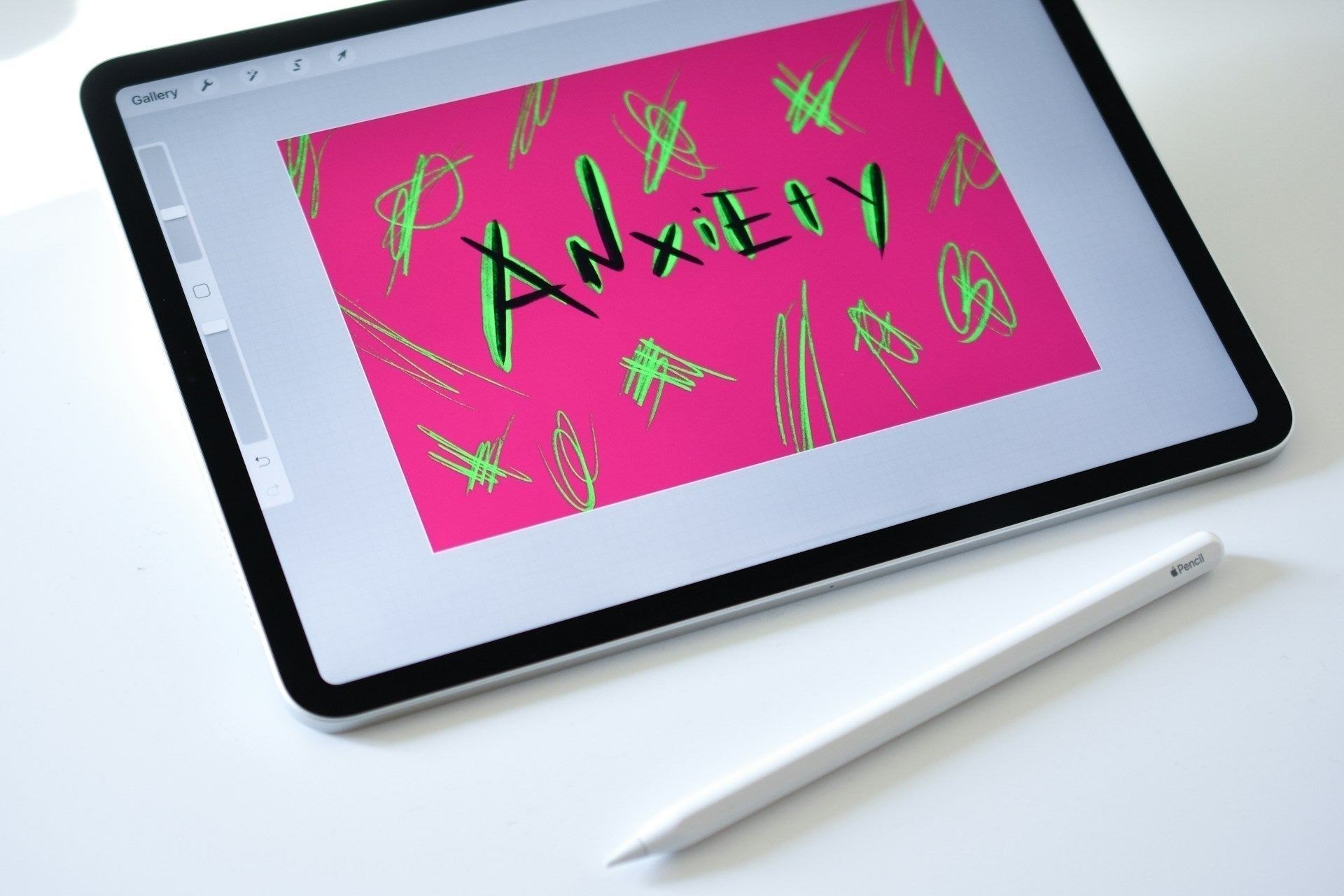Introduction
In modern society, depression has become a common and severe mental health issue, affecting millions of people worldwide and their daily lives and well-being. According to the World Health Organization, approximately 300 million people globally suffer from depression, making it one of the leading causes of disability worldwide. Depression is not just a temporary feeling of sadness; it is a profound psychological state that significantly affects thoughts, emotions, and behaviors and requires professional treatment.
This article aims to delve into depression and its comprehensive impact on individual lives, including daily activities, interpersonal relationships, and long-term health. Additionally, we will explore various methods for treating depression, particularly the ancient and mystical approach of crystal healing. Crystal healing is believed to regulate the body and mind's energies, help alleviate symptoms of depression, and restore vitality and joy to life.
By exploring these facets, the article seeks to provide a deeper understanding of depression and introduce the potential benefits of crystal healing as a supplementary treatment option.
Understanding Depression
Definition of Depression
Depression, medically referred to as depressive disorder, is a common affective disorder characterized by persistent low mood and a loss of interest or pleasure in daily activities. From a psychological perspective, depression involves extensive changes in emotions, cognition, and behavior, significantly impacting the patient's everyday life.
Main symptoms of depression
The main symptoms of depression manifest in various aspects, profoundly affecting the patient's daily life and mental health.
-
Persistent sadness
This is the most common symptom of depression, where patients often feel an ongoing sense of sadness, emptiness, or despair. -
Loss of interest or pleasure
Individuals with depression may lose interest in activities they once enjoyed and cannot feel pleasure in their daily activities. -
Decreased energy and increased fatigue
Patients may often feel tired and lack energy, even if their daily activities have not increased. -
Reduced self-esteem
People with depression often experience low self-worth, which may be accompanied by feelings of guilt or self-blame. -
Sleep issues
This includes difficulties falling asleep (insomnia) or excessive sleeping (hypersomnia), which further affects the emotional and physical state of the patient. -
Changes in appetite
Depression can lead to decreased or increased appetite, often resulting in significant weight changes. -
Difficulty concentrating
Patients may struggle to focus during work or studies, affecting their judgment and decision-making abilities.
Classification of depression
Depression is classified based on the severity of symptoms into mild, moderate, and severe:
-
Mild Depression
Symptoms are mild and may not significantly affect one's work and social life, but they diminish quality of life. -
Moderate Depression
Symptoms are more pronounced and have a substantial impact on daily life, such as decreased work efficiency and reduced social activities. -
Severe Depression
Symptoms are severe and can lead to significant functional impairment; hospitalization may be necessary in serious cases, and there is a risk of suicidal behavior.
The impact of depression on your life
Daily life
The impact of depression on daily life is significant, particularly in terms of work efficiency and social activities. Sufferers may experience ongoing fatigue and a lack of motivation, making it difficult to complete routine work tasks or achieve professional goals. Additionally, those with depression often withdraw from social activities, feeling either too drained to participate or concerned that their emotional state would affect others. This reduction in social activities further intensifies their feelings of isolation and abandonment.
Interpersonal Relationships
Depression also severely impacts interpersonal relationships with family and friends. Mood swings and feelings of despair can make it challenging for sufferers to maintain stable and harmonious relationships, often leading to misunderstandings and conflicts. Furthermore, those with depression may become overly reliant on close individuals, adding to their emotional burden and thus exacerbating stress and alienation on both sides. Over time, this strain can lead to the breakdown of support networks, leaving sufferers feeling even more isolated and unsupported.
Long-term health
The long-term impact of depression on physical health cannot be underestimated. Research indicates that prolonged states of depression can lead to various physical illnesses, such as cardiovascular diseases, diabetes, and a weakened immune system. Those with depression may neglect healthy eating and regular exercise due to a lack of motivation and energy, further deteriorating their physical health. Additionally, continuous psychological stress and anxiety can accelerate the aging process, leading to premature aging.
Healing Methods for Depression
The treatment of depression varies widely and can generally be divided into traditional methods and alternative therapies. For optimal results, it is often recommended to use an integrative approach that combines different treatments.
Traditional treatment methods
- Medication: Medication is one of the most common treatments for depression, primarily involving antidepressants. These drugs adjust chemicals in the brain, such as serotonin and norepinephrine, to improve mood and alleviate symptoms of depression. Doctors prescribe appropriate medication based on the patient's specific condition.
- Psychotherapy: Psychotherapies, such as Cognitive Behavioral Therapy (CBT) and psychodynamic therapy, help patients identify and alter negative thought patterns, learn coping strategies, and enhance their ability to deal with life's challenges.
Alternative Therapy
- Exercise: Regular physical activity has been proven to significantly enhance mood and alleviate symptoms of depression. Exercise promotes the release of endorphins, natural mood lifters.
- Yoga: Yoga combines elements of posture, breathing, and meditation to improve mental health, reduce symptoms of depression, and strengthen the mind-body connection.
- Meditation: Through meditation, individuals can learn how to manage their thoughts and emotions, which is very beneficial for dealing with depressive moods.
- Art Therapy: Art therapy, including painting, music, and dance, allows individuals to express their emotions in creative ways, which is helpful for treating emotional issues.
The importance of comprehensive therapy
The importance of integrative therapy, which combines traditional treatments with alternative methods, is critical for treating depression. By integrating various therapeutic approaches, patients can receive help from different perspectives, not only enhancing treatment efficacy but also providing more comprehensive support. For instance, while medication can quickly improve symptoms, psychotherapy and alternative therapies can help patients develop healthier lifestyles and coping strategies.
The role of crystal healing
Fundamentals of Crystal Healing
Crystal healing is based on the concept of the interaction between the energy of crystals and the human energy field. Crystals are believed to harmonize and balance the flow of energy within the body, thereby positively affecting psychological and emotional states. Each crystal has its unique frequency and energy properties, which can help clear psychological blocks and promote emotional stability, thus providing support for treating depression.
Crystals Commonly Used in Treating Depression
For treating depression, certain crystals are considered particularly effective, such as:
-
Amethyst
Enhances mental calmness, reduces anxiety and stress. -
Obsidian
A powerful protective stone that helps eliminate negative emotions. -
Rose Quartz
Promotes self-love and inner peace, improving emotional management. -
Lapis Lazuli
Increases mental clarity, reduces emotional turmoil. -
Citrine
Known as the "happy stone," helps uplift moods and increase positive energy.
Effective Crystal Healing Techniques for Depression
Effective ways to use crystal healing for depression include:
-
Wearing Crystal Jewelry
Such as necklaces and bracelets, allowing direct contact with the skin for continuous energy support. -
Crystal Meditation
Select appropriate crystals for meditation, integrate crystal energies into the body through intention and deep breathing, focusing especially on crystals that adjust emotions. -
Crystal Layouts
Arrange specific crystals in the home or workplace to create an environment with balanced and positive energy. -
Crystal Healing Sessions
Participate in healing sessions conducted by professional crystal healers, enhancing the therapeutic effects of crystals through expert techniques and methods.
Conclusion
Depression is a condition that can severely impact an individual's overall health and quality of life. Its complexity necessitates the use of various therapeutic approaches for optimal healing. While traditional medication and psychotherapy play pivotal roles in the treatment of depression, complementary methods like crystal healing also demonstrate unique value. Crystal healing aids in alleviating symptoms of depression such as anxiety and insomnia by balancing the body and mind's energy.
We encourage patients and healthy individuals alike to explore holistic approaches to treatment, including crystal healing. Although it should not be used as a standalone treatment, crystal healing can serve as a beneficial complement to standard medical practices. We invite our readers to keep an open mind and try this ancient and mystical therapy to determine if it suits their therapeutic needs. Ultimately, the choice of treatment should be based on personal circumstances and the advice of medical professionals.




